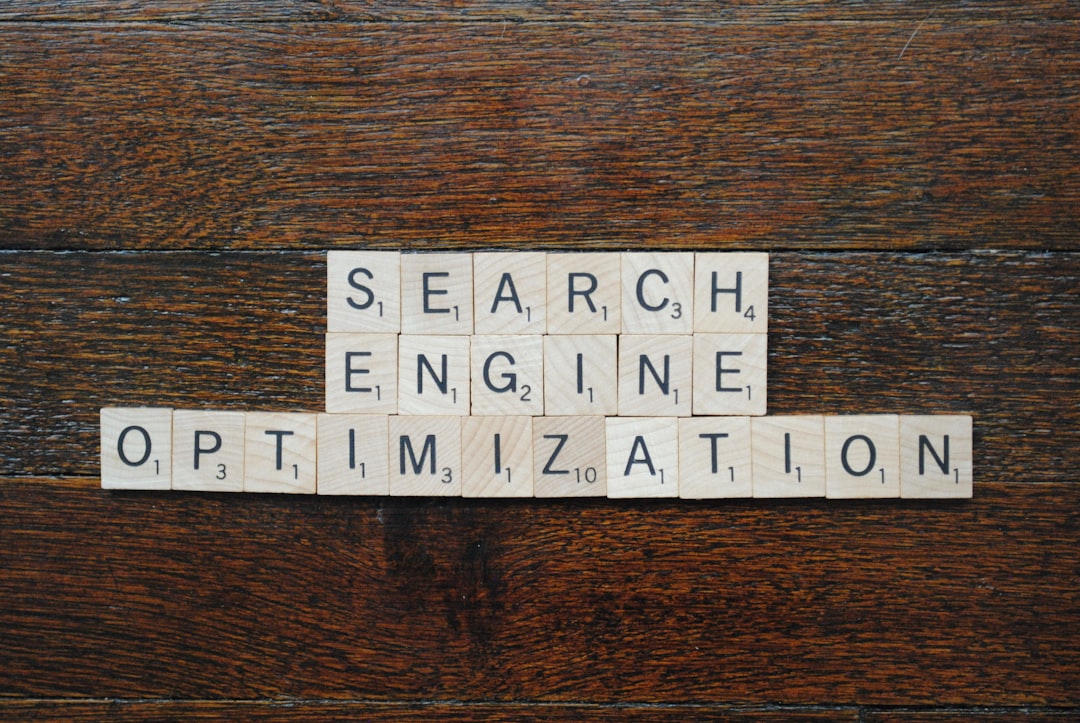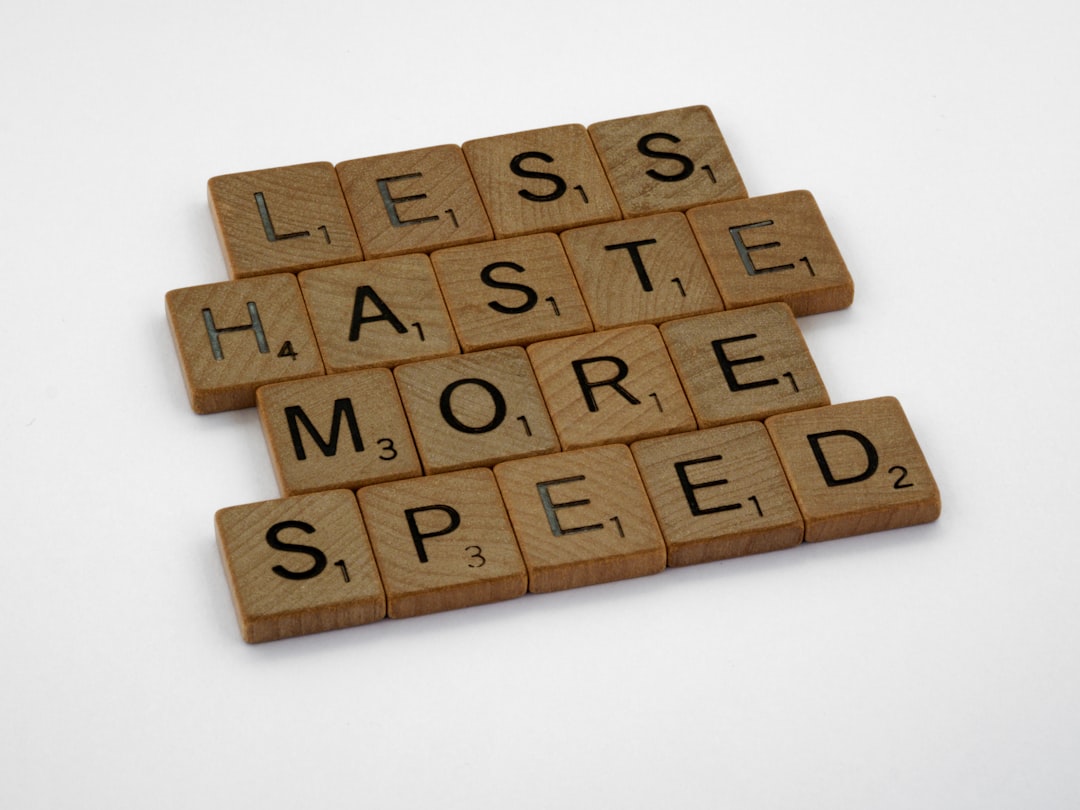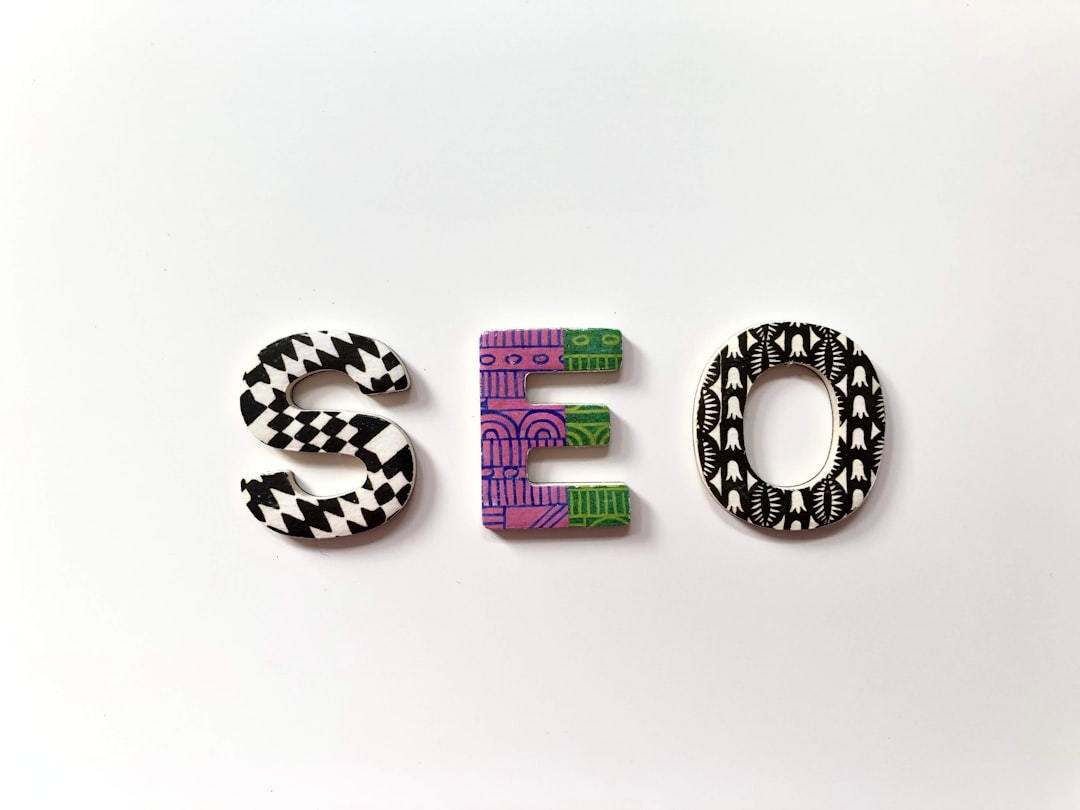Table of Contents
In the competitive world of eCommerce, your website needs to rise above the crowd. If you’re using Zen Cart to power your online store, you’re already off to a good start. Designed for flexibility and customization, Zen Cart is a reliable open-source shopping cart solution. However, default settings often leave room for improvement, especially in the areas of search engine optimization (SEO) and site performance. Optimizing these aspects can drive more traffic, increase conversions, and improve the user experience.
Why SEO and Speed Matter in eCommerce
Search engines like Google use complex algorithms to rank pages based on relevance, content quality, and user experience. A slow or poorly optimized site can harm your rankings. Additionally, studies show that even a one-second delay in page load time can drastically reduce conversions.
Steps to Optimize Zen Cart for SEO
Let’s explore the top methods to boost your Zen Cart site’s visibility and SEO performance:
- Enable SEO-Friendly URLs: Zen Cart doesn’t come with SEO-friendly URLs by default, but you can install plugins like Ultimate SEO URLs to transform URLs from
index.php?main_page=product_info&cPath=1&products_id=1to something like/category/product-name. - Optimize Page Titles and Meta Tags: Each product and category should have unique titles, meta descriptions, and keywords. Use Zen Cart’s admin panel or SEO plugins to customize them.
- Utilize Heading Tags Properly: Search engines prefer a clear hierarchy on web pages. Use
<h1>tags for main titles, and<h2>and<h3>for subheadings. - Image Optimization with ALT Tags: Every product image should include an ALT attribute that describes the image content. This helps with accessibility and SEO.
- Internal Linking: Connect your category and product pages with relevant internal links. This helps search engines crawl your site and keeps users engaged.

Boosting Performance for Faster Load Times
Speed is crucial not just for SEO, but also for providing a smooth customer experience. Here are ways to improve Zen Cart’s performance:
- Use Caching: Implement caching mechanisms using plugins or server-side solutions. This reduces database calls and speeds up page rendering.
- Minify CSS and JavaScript: Remove unnecessary characters from CSS and JS files to decrease their size. Tools like Minify or performance plugins do this automatically.
- Compress Images: Large images slow down your site. Use tools like TinyPNG or ImageOptim to compress product images without quality loss.
- Enable GZIP Compression: GZIP reduces file sizes sent to users, speeding up load times. You can enable this in your .htaccess file or through server settings.
- Optimize Your Hosting: Choose a hosting provider that specializes in eCommerce or Zen Cart. A fast, reliable server setup makes a significant difference.

Additional SEO Best Practices
Besides technical improvements, content quality and site structure also play a vital role. Here are a few more ways to give your Zen Cart SEO a boost:
- Start a Blog: While Zen Cart is primarily for eCommerce, integrating a blog can help with content marketing. Write posts about new products, tutorials, and industry insights.
- Secure Your Site with HTTPS: Google considers HTTPS a ranking factor. Moreover, it assures customers that their data is secure.
- Mobile Optimization: Responsive design is essential. Use themes that adapt smoothly to all screen sizes to enhance usability and SEO.
Monitoring and Continuous Improvement
SEO and performance are not set-it-and-forget-it tasks. Monitor your site’s performance using tools like Google Analytics, Google Search Console, and GTmetrix to identify bottlenecks and opportunities. Regularly update plugins, review your SEO strategies, and stay informed about search engine updates.
Optimizing your Zen Cart store for both search engines and human users will not only drive more visitors but also convert them into satisfied customers. With the right strategies and ongoing refinement, your eCommerce site can achieve long-term growth and stability.

